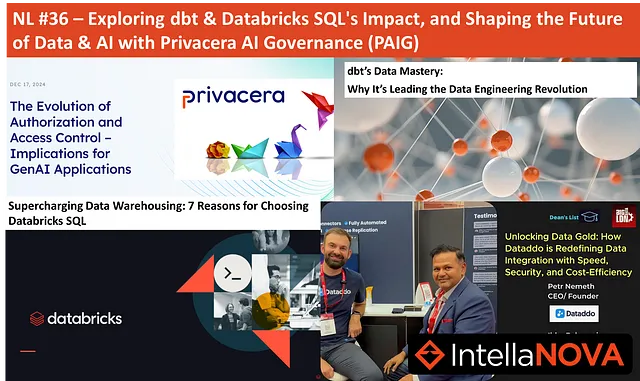
Exploring dbt & Databricks SQL’s Impact, and Shaping the Future of Data & AI with Privacera AI Governance (PAIG)
dbt’s Data Mastery: Why It’s Leading the Data Engineering Revolution
dbt (dbt Labs) is transforming data engineering with its intuitive approach to simplifying pipelines through SQL while embracing modern software practices like modularity and DRY principles. By bridging ease of use with the power of tools like Jinja templating, dbt enables seamless integration across major data platforms like Snowflake, BigQuery, and Databricks. Its standout features, such as Git integration for version control, auto-documentation with lineage mapping, and native data quality testing, make it a game-changer for transparency, collaboration, and reliability. While it requires an external database and comes with a learning curve, dbt’s robust community and resources ensure accessibility for teams of all sizes, solidifying its role as a leading force in the future of data engineering.
The Evolution of Authorization and Access Control — Implications for GenAI Applications
In the era of Generative AI (GenAI), traditional access control and authorization models are being redefined to address unique challenges such as dynamic data interactions, unpredictable AI behavior, and collaborative workflows. Unlike earlier systems tailored for static datasets and predefined workflows, GenAI systems demand fine-grained, adaptive access control that governs interactions at multiple levels — including training data, model parameters, and generated outputs. This shift necessitates innovative governance solutions like Privacera AI Governance (PAIG), which combines contextual access control, real-time oversight, and data provenance auditing to ensure security, compliance, and ethical AI practices.
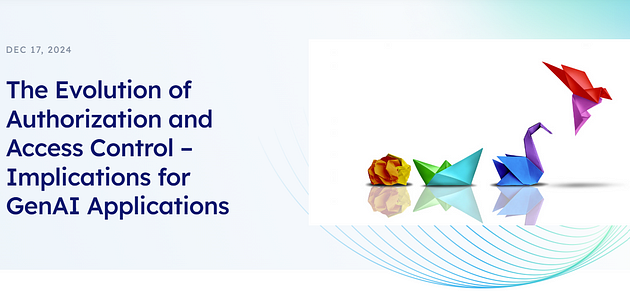
Supercharging Data Warehousing: 7 Reasons for choosing Databricks SQL
Databricks SQL has revolutionized data warehousing on the Lakehouse platform by combining speed, AI-driven insights, and user-friendly tools. It now supports essential features like full ANSI SQL, materialized views, and row-based access control, making it compatible with popular BI tools like Tableau and Power BI. Enhanced performance ensures rapid compute acquisition and cost-efficiency, scaling predictably with growing datasets. Databricks SQL also introduces AI capabilities, such as sentiment analysis and Databricks Assistant, empowering analysts to extract insights without extensive coding. By bridging the gap between technical teams and business analysts, Databricks SQL delivers a scalable, flexible, and accessible solution for modern enterprise data needs.
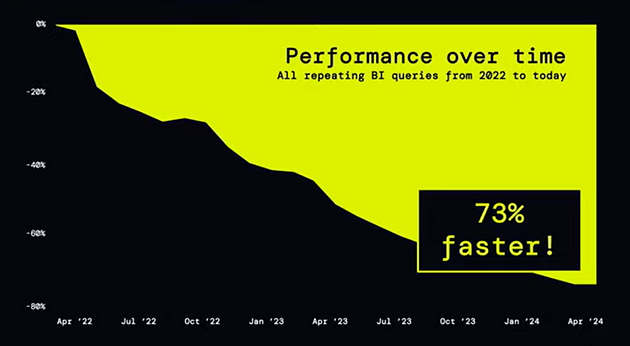
Dean’s List #17 — Unlock Data Gold: How Dataddo is Redefining Integration with Speed, Security, and Cost-Efficiency
At Big Data London, I had the opportunity to sit down with Petr Nemeth, CEO and founder of Dataddo, to discuss how their platform is transforming data integration. Dataddo simplifies the movement of data across systems, offering over 300 pre-built connectors with the ability to add new ones within weeks, ensuring businesses stay agile. Focused on lightweight transformations, Dataddo handles essential tasks like data formatting and cleansing while integrating seamlessly with tools like dbt for complex needs. Security and compliance are core to Dataddo, with automated features like data masking and hashing to safeguard sensitive information. Additionally, by reducing workloads in data warehouses, Dataddo drives cost efficiency, helping organizations cut expenses. With its no-code interface for business users and robust API capabilities for developers, Dataddo offers a secure, flexible, and cost-effective solution for businesses aiming to streamline their data pipelines. Check out the full interview with Petr Nemeth on YouTube: Watch Here.
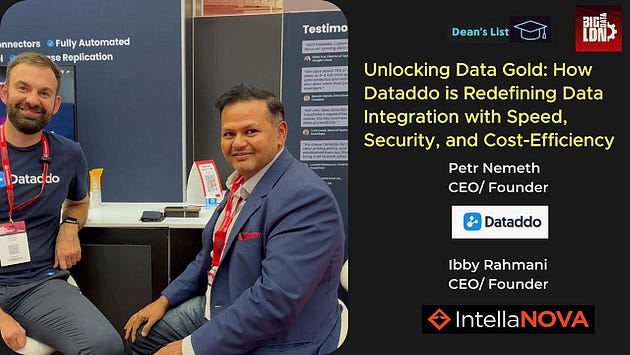

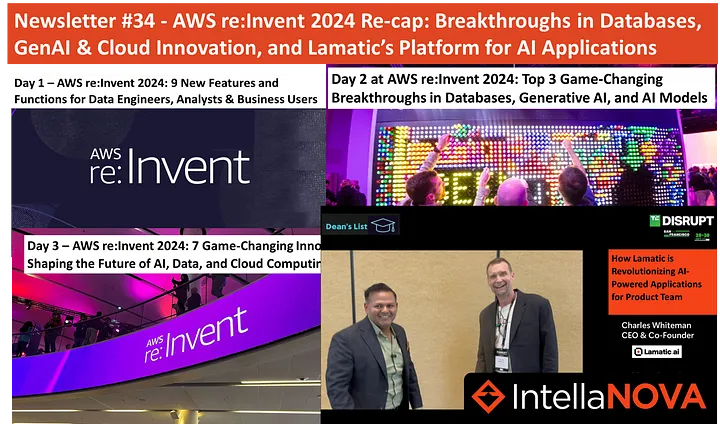

.jpg)